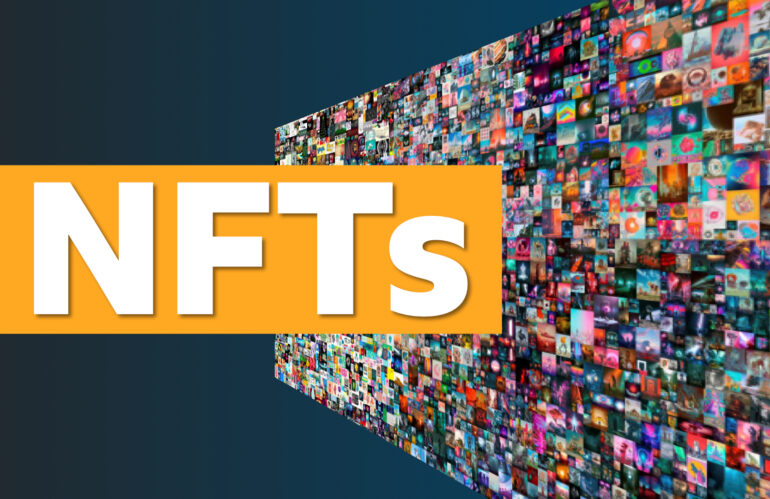Non-fungible tokens, or NFTs, have been making headlines in recent years as a new way to buy, sell, and trade digital assets. NFTs are unique digital tokens that represent ownership of a specific asset, such as a piece of art or a collectible. Unlike traditional cryptocurrencies, which are fungible and interchangeable, each NFT is unique and cannot be replicated.
NFTs are created on blockchain networks, which provide a secure and transparent way to track ownership of digital assets. When an NFT is created, it is registered on the blockchain, and its ownership can be tracked as it is bought, sold, or traded. Because the ownership of an NFT can be verified through the blockchain, it provides a way to authenticate and track ownership of digital assets in a way that was previously impossible.
One of the most significant advantages of NFTs is that they provide a new way for creators to monetize their digital creations. For example, a musician could create an NFT that represents ownership of a unique recording or a visual artist could create an NFT that represents ownership of a digital art piece. By selling these NFTs, the creators can profit from their work and retain ownership rights.
NFTs have also gained popularity in the world of gaming, where they can be used to represent unique in-game items or even virtual real estate. This has led to the creation of new marketplaces where players can buy and sell these digital assets using cryptocurrency.
Another advantage of NFTs is that they can help to preserve digital art and other creations. Because NFTs can be used to verify ownership and authenticity of digital assets, it provides a way to protect against unauthorized duplication or modification of these works.
However, there are also some criticisms of NFTs. One concern is that they can contribute to the environmental impact of cryptocurrency mining, as the process of creating NFTs requires significant amounts of energy. Additionally, some critics argue that the high prices paid for some NFTs are driven more by hype and speculation than by the actual value of the underlying assets.
In conclusion, NFTs are an innovative new way to buy, sell, and trade digital assets. They provide a way for creators to monetize their work and protect their ownership rights, and they offer new opportunities for gamers and collectors. However, like any new technology, there are also concerns and criticisms to consider. As the use of NFTs continues to grow, it will be important to weigh the benefits against the potential drawbacks.





